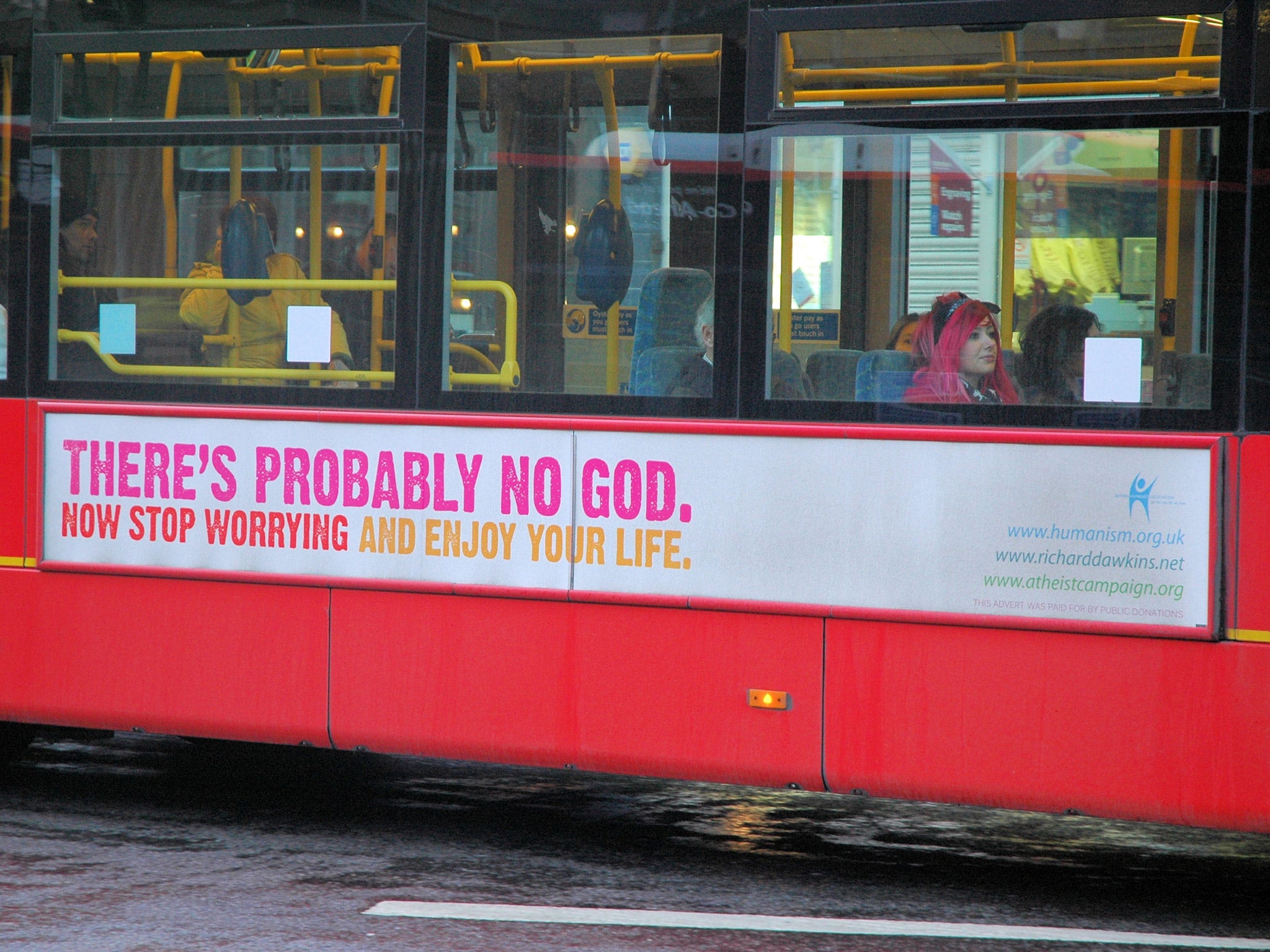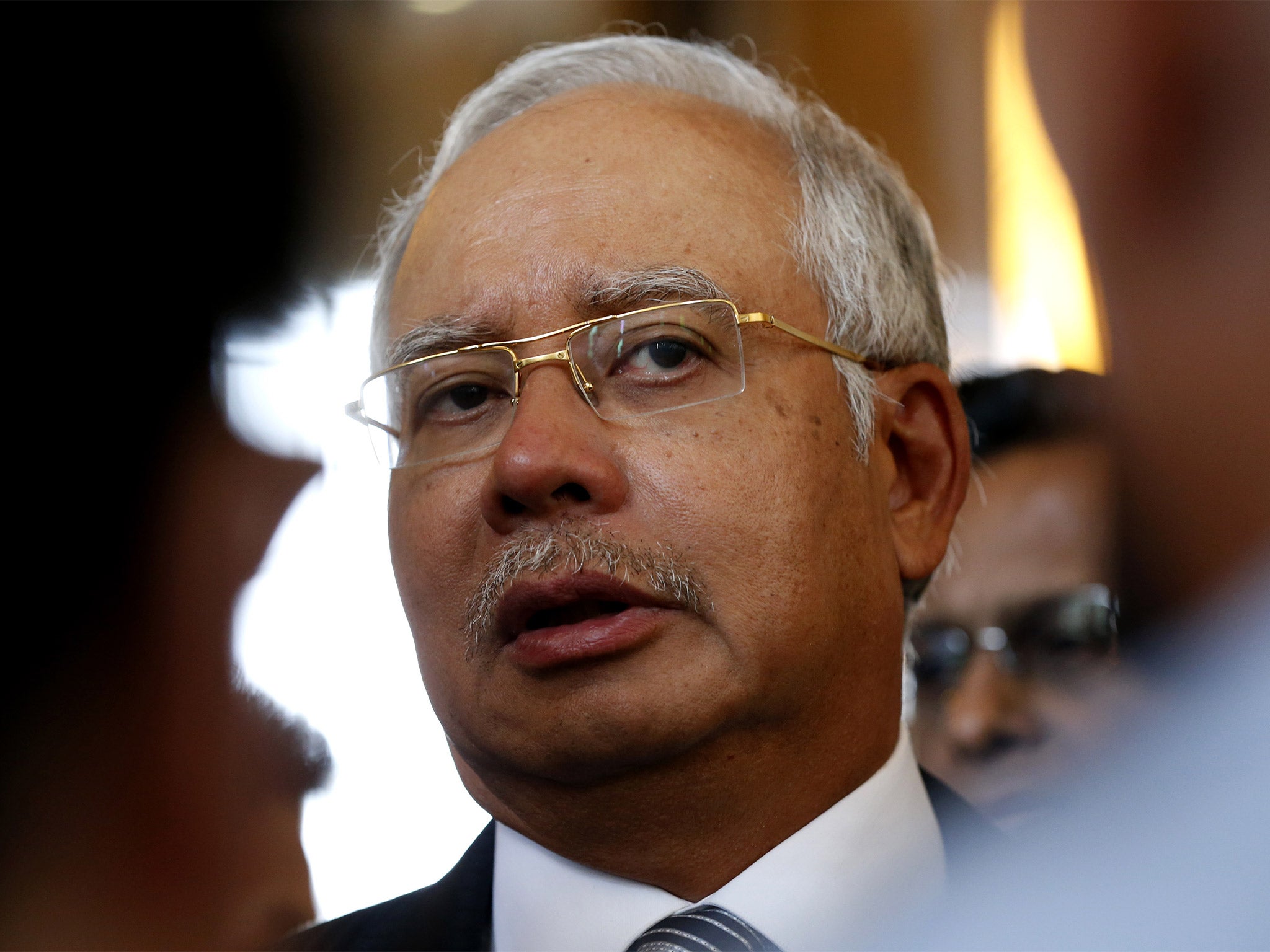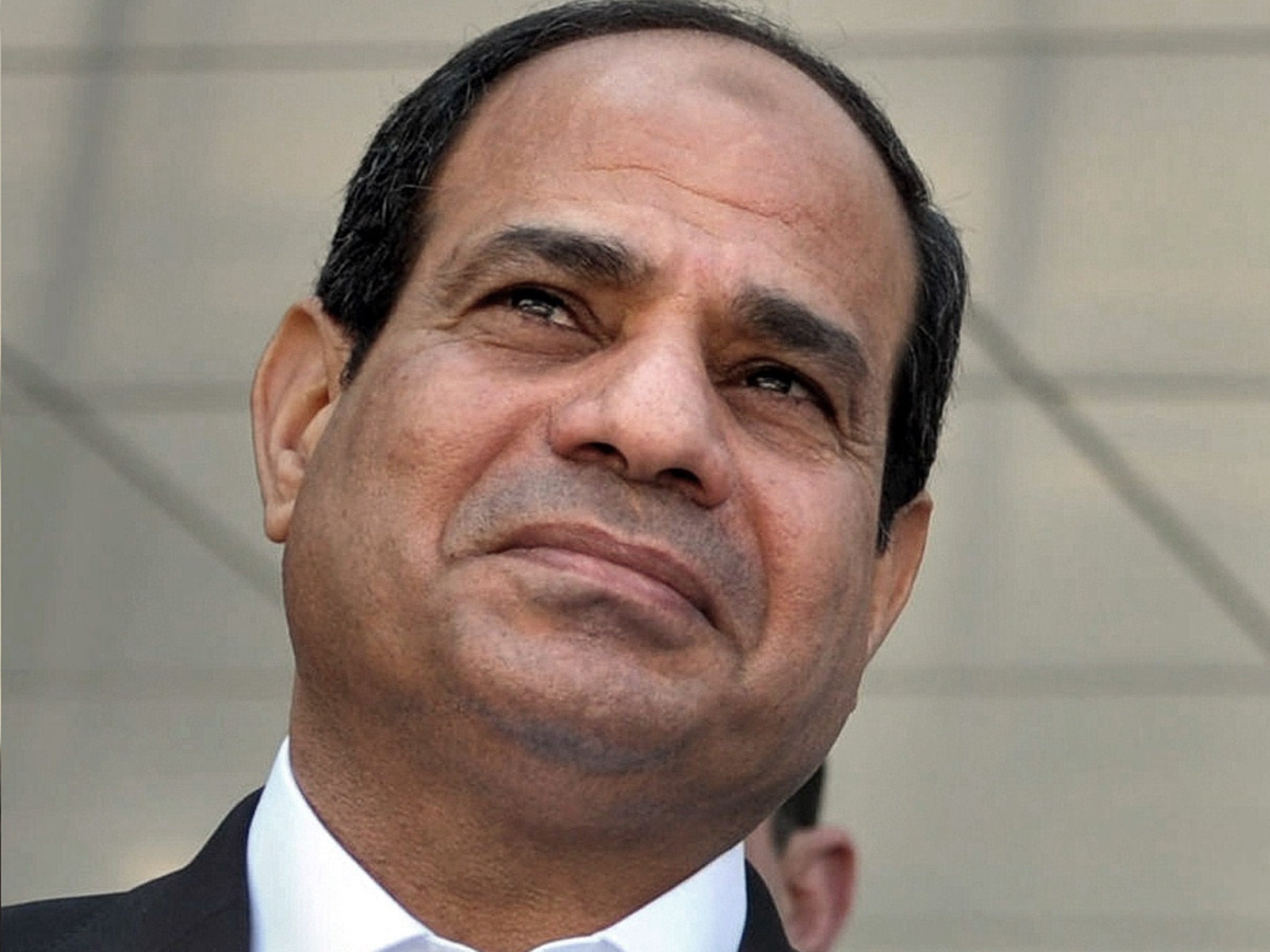How the right to deny the existence of God is under threat globally
New report also criticises Scotland's religious representatives on education boards

Your support helps us to tell the story
From reproductive rights to climate change to Big Tech, The Independent is on the ground when the story is developing. Whether it's investigating the financials of Elon Musk's pro-Trump PAC or producing our latest documentary, 'The A Word', which shines a light on the American women fighting for reproductive rights, we know how important it is to parse out the facts from the messaging.
At such a critical moment in US history, we need reporters on the ground. Your donation allows us to keep sending journalists to speak to both sides of the story.
The Independent is trusted by Americans across the entire political spectrum. And unlike many other quality news outlets, we choose not to lock Americans out of our reporting and analysis with paywalls. We believe quality journalism should be available to everyone, paid for by those who can afford it.
Your support makes all the difference.Atheists and humanists are increasingly being targeted as distinct minorities in “hate campaigns” across the globe, according to a new report which found that religious and political leaders are ratcheting up rhetoric against those who believe there is no God.
The report claims that the “hate speech” against atheists does not come exclusively from reactionary or radical religious leaders, but increasingly from political leaders, including heads of state.
The Freedom of Thought report, published by the International Humanist and Ethical Union (IHEU), states: “In 2014, in addition to laws such as those targeting ‘apostasy’ and ‘blasphemy’, we have seen a marked increase in specific targeting of ‘atheists’ and ‘humanism’ as such, using these terms in a broadly correct way (the users know what they are saying) but with intent clearly borne of ignorance or intolerance toward these groups.”
The report singles out Najib Razak, the Prime Minister of Malaysia, who has called “humanism and secularism as well as liberalism” a “deviant” threat to Islam and the state. In a speech to the Quran Recital Assembly Razak said: “We will not tolerate any demands or right to apostasy by Muslims.”
Saudi Arabia is criticised for a new law equating “atheism” with “terrorism”. The very first article of the kingdom’s new terror regulations banned: “Calling for atheist thought in any form, or calling into question the fundamentals of the Islamic religion”.
Secular critics of Egypt’s president Abdel Fattah al-Sisi, the general who toppled Islamist President Mohamed Mursi, have found themselves targeted, through what the report calls “an organized backlash against young atheists”.
Since the 2011 youth-driven uprising, which led to the ousting of Hosni Mubarak, many young Egyptians have begun to openly proclaim their atheist convictions, which has alarmed the country’s religious institutions.

Nuamat Sati of Egypt’s Ministry of Youth announced a campaign to spread awareness of “the dangers of atheism” and why it is “a threat to society”, so that young atheists in particular, who are increasingly vocal on social media would be given “a chance to reconsider their decisions and go back to their religion.”
Egyptian authorities have detained young atheists who appeared on television and YouTube videos talking about their right to express atheist views.
In November, in a development which the report found particularly worrying, Christian churches in Egypt say they are joining forces with Al-Azhar, a prominent centre of Sunni Muslim learning, to fight the spread of atheism in the country.
In Saudi Arabia, where a growing number of young people have privately declared themselves atheist, the consequences can be severe. Raef Badawi, in his early 30s, was accused of being atheist because he called for freedom to discuss other versions of Islam besides Wahhabism on the website “Free Saudi Liberals.” Badawi was sentenced to seven years in prison and 600 lashes in July 2013.
The report found: “This year will be marked by a surge in this phenomenon of state officials and political leaders agitating specifically against non-religious people, just because they have no religious beliefs, in terms that would normally be associated with hate speech or social persecution against ethnic or religious minorities.”

The Freedom of Thought Report, which rates every country in the world for anti-atheist persecution, found that almost all countries discriminate against the non-religious, in some cases through religious privilege or legal exemption.
Even Scotland came under criticism for the religiously privileged position afforded to three “religious representatives” who are required by law to be appointed to all 32 local authority education committees.
These positions require at least one Roman Catholic and one Church of Scotland representative, but non-religious people are excluded. The report also highlighted the disparity of sex and relationships education, and religious education between Roman Catholic faith schools and others in Scotland.
The report welcomed moves made earlier this year by the Church of Scotland and Humanist Society Scotland to work together to replace compulsory “religious observance” with inclusive Time for Reflection.
The report found that the most intolerant countries refuse to issue identity cards to the non-religious, sometimes taking children from atheist parents, or sentencing “apostates” to death.
Douglas McLellan, Chief Executive of the Humanist Society Scotland said: “This report is a timely reminder that humanists and atheists are all too often the victims of violence and intimidation by states around the world, and even in many Western European countries humanists and atheists face discrimination. Many commentators in Scotland still seem unable to mention humanists or atheists without adding the term ‘militant’ or ‘aggressive’. I hope this report will make them reflect on how hurtful that is to the many millions of Scots who wish to lead an ethical and fulfilling life without reference to religion.”
Anti-secular threats
Prime Minister Najib of Malaysia
“They call it human rightism, where the core beliefs are based on humanism and secularism as well as liberalism. It’s deviationist in that it glorifies the desires of man alone and rejects any value system that encompasses religious norms and etiquettes. They do this on the premise of championing human rights. We will not tolerate any demands or right to apostasy by Muslims.”
Nuamat Sati, in charge of Egypt’s campaign at the Ministry of Youth
“The campaign has two goals. The first is to spread awareness concerning the dangers of atheism and how it creates a threat to society, as well as the controversial issues that might push the youth to atheism. The second is to treat this phenomenon by having a dialogue with atheists and giving them a chance to reconsider their decisions and go back to their religion.”
Ahmed al-Tayeb, Egypt's Grand Imam and leader of the Al-Azhar
"The atheism trend is new to the Arab world and Egypt. It is regretful that some young people now openly brag about being atheists.”
Join our commenting forum
Join thought-provoking conversations, follow other Independent readers and see their replies
Comments